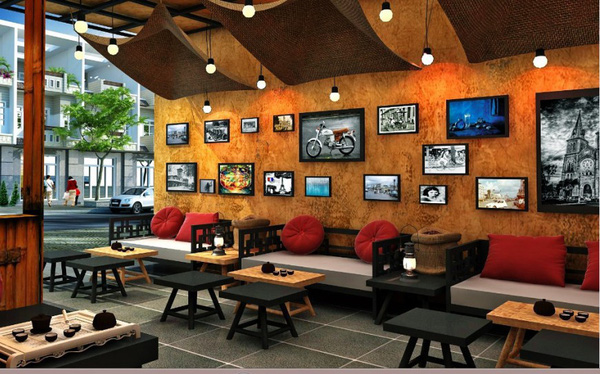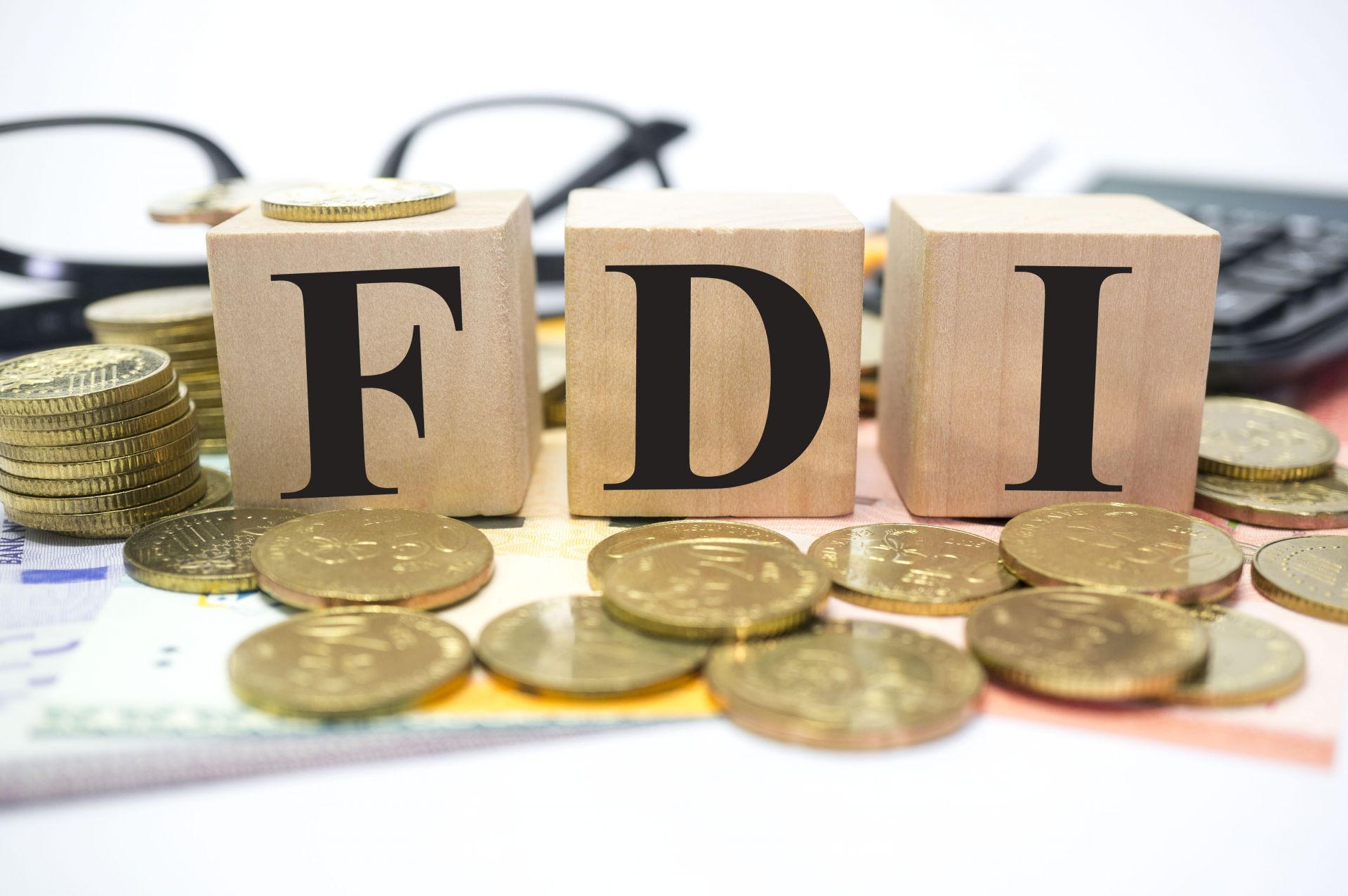Taxes to pay when opening a coffee shop in Vietnam

According to the law, we can operate a coffee shop, or milk tea shop under many types of business registration such as limited liability company, joint stock company,… However, coffee shop owners mostly register their coffee shop businesses under the individual business household. Besides, establishing a business means you have to pay taxes to the competent authorities. So, in this article, LSX legal firm will give you information about: “Taxes to pay when opening a coffee shop in Vietnam”
Legal ground
- Decree 01/2021/ND-CP
- Circular 92/2015/TT-BTC
Does coffee shop owner have to register the business?
According to Clause 2, Article 79 of Decree No. 01/2021/ND-CP, cases where business household registration is not required include: households engaged in agriculture, forestry, aquaculture, salt production, street vendors, nomadic or seasonal businesspeople, and service providers earning low revenues
However, if they do business in conditional lines, the above subjects still have to register their business according to regulations.
Besides, clause 1, Article 3 of Decree 39/2007/ND-CP:
Individuals doing trade mean individuals who everyday themselves conduct one, several, or all activities allowed by law on goods purchase and sale, service provision, and other activities with the purpose of profitability but do not register their business as prescribed by law on business registration and not be called as “trader” as prescribed by the Commercial Law. Particularly including individuals doing the following trade activities:
- Street trading (trading in public places) means activities of purchase and sale without a fixed location (purchase on street, sale on street, or both purchase and sale on street), including even the receipt of books, news, magazines, cultural products of traders allowed doing business in these products as prescribed by law, for sale on street;
- Petty trading means purchase and sale of small and odd items with or without a fixed location;
- Petty-food trading means sale of fruits, cakes, candies, drinks (beverages) with or without a fixed locations;
- Consignment trading means purchase of goods from other places according to each consignment to sell for wholesalers or retailers;
- Providing services: Polishing shoes, selling lottery tickets, repairing keys, repairing vehicles, safekeeping for vehicles, washing for vehicles, barber, painting, taking photo, and other services with or without fixed locations;
- Other commercial activities done independently and regularly do not have to register for business.
A coffee shop provides food service, within a specific business location, so a coffee shop must register business.
Taxes to pay when opening a coffee shop
Taxes that coffee shop businesses need to pay include:
License tax/fee
License fee is a tax payable annually or when a new enterprise produces and does business based on its charter capital registered in the business registration certificate/investment capital stated in the investment registration certificate (for organizations) or the year’s revenue (for business households and individuals).
License fees for business households:
- Firstly, revenue over 500 million VND/year: 1,000,000 VND/year;
- Secondly, revenue over 300 to 500 million VND/year: 500,000 VND/year;
- Thirdly, revenue over 100 to 300 million VND/year: 300,000 VND/year;
- Fourthly, revenue under 100 million VND/year: exempted.
License tax rates for enterprises:
- Charter capital or investment capital over 10 billion VND: 3,000,000 VND/year.
- Charter capital or investment capital from 10 billion VND or less (Branches, representative offices, business locations, non-business units, other economic organizations): 1,000,000 VND/year.
Value added tax
Value Added Tax (VAT) is an indirect tax and is charged on the added value of goods and services arising from the production and circulation process until they reach consumers.
Due to the nature of the indirect tax, the coffee shop only pays this tax on behalf of the customer to the state agency. Taxpayers are actually consumers.
Circular 219/2013/TT-BTC stipulates the VAT rate: 10%.
Circular 92/2015/TT-BTC guiding the payment of value added tax as follows:
Amount of VAT payable = VAT revenue x VAT rate.
Personal income tax
Personal income tax is a tax that businesses pay on behalf of employees. This tax calculated on a monthly basis, declared monthly or quarterly but settled annually.
PIT payable = PIT revenue x PIT rate
The personal income tax rate for coffee shop businesses: 1%.
In case the revenue of the coffee is less than 100 million/year, VAT and PIT are not required.
Business registration procedures for coffee shops
Dossiers to prepare for the application of household business registration for coffee shop:
- The application form for household business registration;
- Legal documents of the owner of the household business or family household members applying for household business registration;
- The copy of the minutes of meeting of family household members on establishment of household business in case the household business is established by family household members;
- The copy of the letter of authorization made by the family household members to authorize a person to act as the owner of the household business in case the household business is established by family household members.
After preparing the above documents, the individual or the representative of the household shall submit them at the business registration office of the district where the business household located. Specifically, submit at the One-Stop-Shop (public service department) of the district-level People’s Committee.
Processing time
Within 03 working days from the date of receipt of the application, the business registration authority of the district will issue a receipt and grant a certificate of business household registration.
The settlement fee is decided by the Provincial People’s Council (according to Circular 85/2019/TT-BTC), 100,000 VND/time in usual.
Apply for a food hygiene and safety certificate
Every food manufacturer and seller must obtain a certificate of food safety, except for:
- Firstly, micro food manufacturers;
- Secondly, mobile food manufacturers and sellers;
- Thirdly, micro food processors;
- Fourthly, micro food sellers;
- Fifthly, sellers of prepackaged foods;
- Sixthly, manufacturers and sellers of instruments and materials for wrapping and storing food;
- Seventhly, restaurants within hotels;
- Industrial kitchens not registered as a food business;
- Also, street food vendors;
- Lastly, any food business that has one of the following certificates: GMP, HACCP, ISO 22000, IFS, BRC, FSSC 22000, or an equivalent certificate.
Legal service of LSX Legal Firm
LSX legal firm provides legal services to clients in various legal areas. To make your case convenient, LSX will perform:
- Legal advice related to new regulations;
- Representing in drafting and editing documents;
- We commit the papers to be valid, and legal for use in all cases;
- Represent to submit documents, receive results, and hand them over to customers.
With a team of experienced, reputable, and professional consultants; The firm is always ready to support and work with clients to solve legal difficulties.
Furthermore, using our service, you do not need to do the paperwork yourself; We guarantee to help you prepare documents effectively and legally.
Also, you will not have to waste time preparing the application, submitting application, or receiving results. At those stages, we will help you do it smoothly.
After all, LSX provides the service with the desire that customers can experience it the best way. Additionally, we guarantee the cost to be the most suitable and economical for customers.
Related articles
- Can I annul a newly registered marriage in Vietnam?
- Exclusive trademark registration service in Vietnam
- Procedures for registering an enterprise’s digital signature in Vietnam
Related questions
It isn’t. Business household does not have a seal, cannot open branches or representative offices, do not have the rights that enterprises have such as import-export activities or apply the Law on Bankruptcy when the business makes a loss.
Coffee businesses should register to establish an individual business household for cheaper, simpler, easier service fees, dossiers, and operating taxes.
For startups, optimizing the model to survive is important. At least for individual business households, they no need to hire an accountant to do reporting. They also face little risk of sanctioning by the management agency.
Firstly, in terms of business scope: Some business lines can not register for individual business households. That means the scope of business is narrower than that of a company.
Secondly, in terms of capital: Since a household business is a model of a household, there is a reciprocal relationship between its members, so there is no complexity in capital management. But usually, no one invests in a household business because the percentage division among family members not really focused and separated.
Thirdly, in terms of import and export, the law limits household businesses more than companies.
Fourthly, about signing contracts: Signing a contract with a company always creates more certainty than with a individual business household. Because household businesses operate in a small model.
Contact LSX
Finally, hope this article is useful for you to answer the question about “Taxes to pay when opening a coffee shop in Vietnam”. If you need any further information, please contact LSX Law firm: +84846175333 or Email: [email protected]
Conclusion: So the above is Taxes to pay when opening a coffee shop in Vietnam. Hopefully with this article can help you in life, please always follow and read our good articles on the website: lsxlawfirm.com




